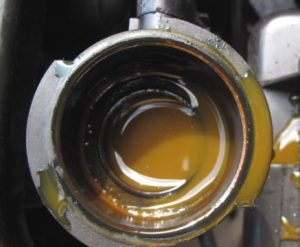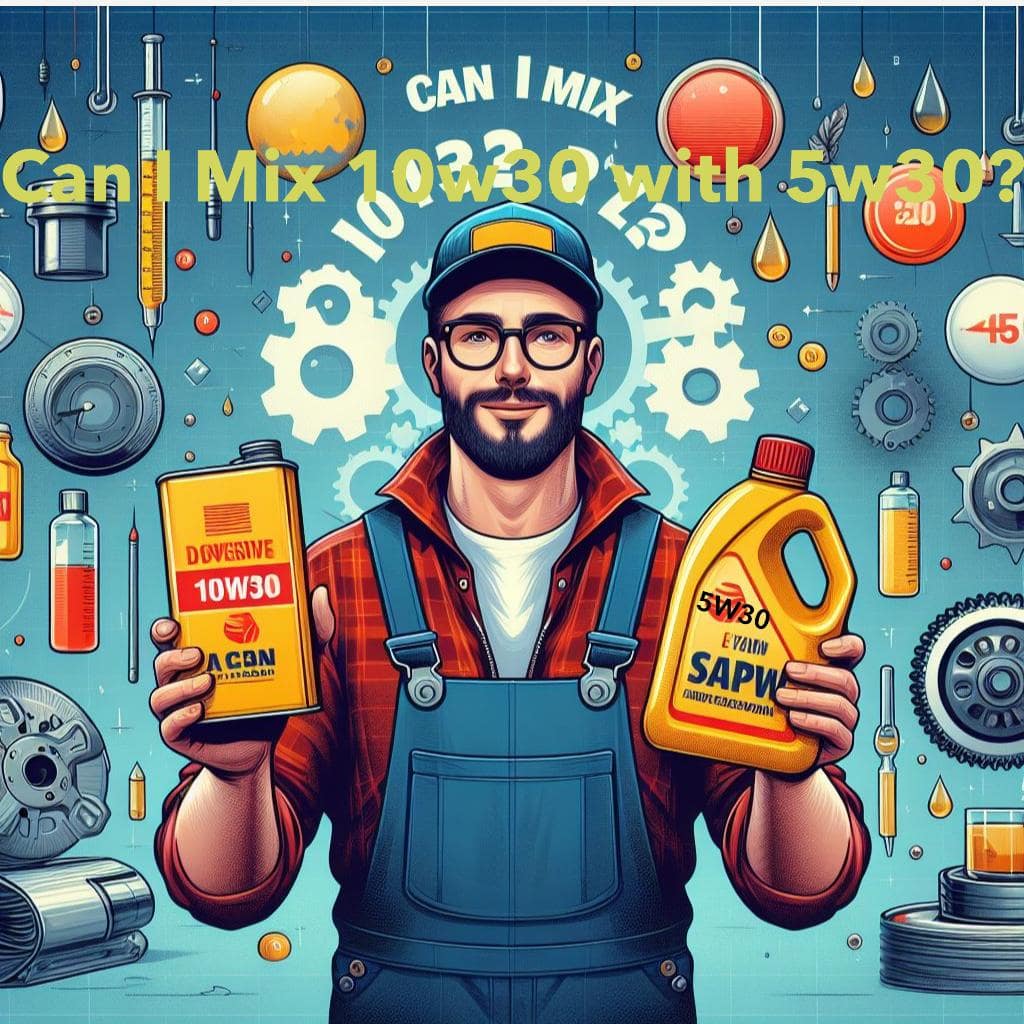When engine oil and coolant mix, it can lead to serious issues with your vehicle’s engine. Both engine oil and coolant play crucial roles in the proper functioning of your car, and when they mix together, it can result in a range of problems that need to be addressed promptly. In this article, we will explore what happens when engine oil and coolant mix and how to prevent this from occurring.
Why Do Engine Oil and Coolant Mix?
There are several reasons why engine oil and coolant may mix in a vehicle. One common reason is a damaged head gasket. The head gasket is a vital component that seals the combustion chamber and prevents the mixing of engine oil and coolant. If the head gasket is damaged or worn out, it can lead to a breach that allows the two fluids to mix.
Another possible reason for the mixing of engine oil and coolant is a cracked engine block or cylinder head. A crack in either of these components can cause the fluids to mix, resulting in a loss of their individual properties and causing damage to the engine.
What Happens When Engine Oil And Coolant Mix?
When engine oil and coolant mix, it can create a milky or foamy substance that is often referred to as “mayonnaise.” This mixture is a result of the two fluids combining and can be visible in the oil filler cap, coolant reservoir, or on the dipstick. Here are some of the consequences of engine oil and coolant mixing:
1. Loss Of Lubrication
Engine oil is responsible for lubricating the moving parts of the engine to reduce friction and wear. When coolant mixes with engine oil, it can dilute the oil’s lubricating properties, leading to increased friction and potential damage to the engine components.
2. Overheating
Coolant is essential for regulating the engine’s temperature and preventing overheating. When coolant mixes with engine oil, it can affect the coolant’s ability to absorb and dissipate heat efficiently, resulting in engine overheating and potential damage to the cooling system.
3. Corrosion
Engine oil and coolant have different chemical compositions, and when they mix, they can create a corrosive mixture that can damage engine components over time. This can lead to rust, corrosion, and premature wear of critical engine parts.
4. Reduced Engine Performance
When engine oil and coolant mix, it can impact the overall performance of the engine. The contaminated oil can lead to decreased engine efficiency, reduced power output, and poor fuel economy, affecting the vehicle’s performance and drivability.

Credit: grimmermotors.co.nz
How to Prevent Engine Oil and Coolant Mixing
Preventing engine oil and coolant from mixing is crucial to maintaining the health and performance of your vehicle’s engine. Here are some tips to help prevent this issue:
| Tip | Description |
|---|---|
| 1. Regular Maintenance | Ensure your vehicle undergoes regular maintenance checks to detect any potential issues early, such as a damaged head gasket or cracked engine block. |
| 2. Use Quality Fluids | Use high-quality engine oil and coolant that are compatible with your vehicle’s specifications to maintain optimal performance and prevent mixing. |
| 3. Keep an Eye on Fluid Levels | Monitor your vehicle’s oil and coolant levels regularly and look for any signs of contamination, such as milky residue or unusual color changes. |
| 4. Address Issues Promptly | If you notice any signs of engine oil and coolant mixing, such as mayonnaise-like substance or overheating, have your vehicle inspected by a professional mechanic immediately. |

Credit: www.dubizzle.com
Conclusion
When engine oil and coolant mix, it can lead to a range of issues that can affect the performance and longevity of your vehicle’s engine. Understanding the causes and consequences of engine oil and coolant mixing is essential for taking proactive measures to prevent this problem. By following proper maintenance practices and addressing any issues promptly, you can help ensure that your engine remains in good condition and operates efficiently.
Remember, prevention is key when it comes to maintaining your vehicle’s engine health, so be vigilant and proactive in caring for your car’s essential fluids to avoid the detrimental effects of engine oil and coolant mixing.


